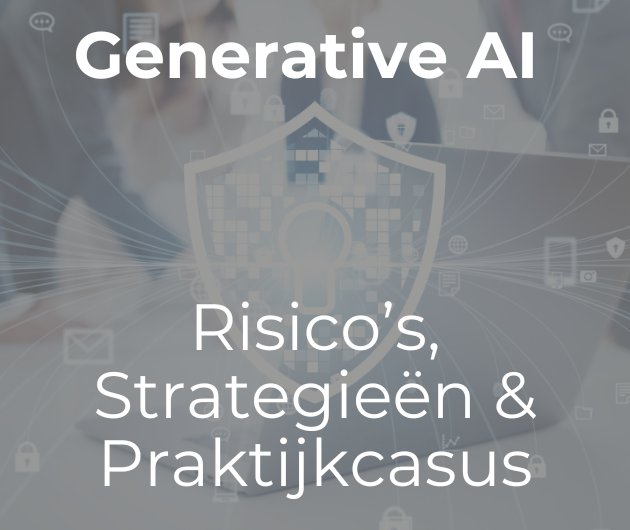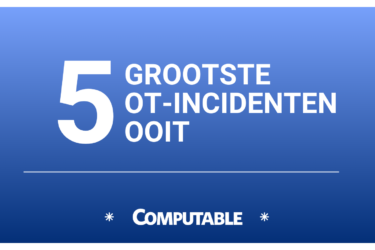The beauty of standards is that there are so many to choose from! Another cynical friend remarked that he never got bored with standards because you could rely on another one coming soon. The IT industry has always struggled with standards, which is the main reason why so many organisations opt for a small range of suppliers in order to keep the number of variations in check.
Some standards bodies are funded by government, in drugs, automobiles and aviation for instance. These are supplemented by user groups, academics, etc., all with good intent. But the fact of the matter is that only were safety or National Security are involved do standards dominate. This is far from the case in IT. There is no danger (except to IT managers blood pressure) in incompatible data formats between two applications for instance. There could be no Ralph Nader in the IT industry, because it would be impossible to create a user groundswell against the suppliers.
The recent advent of the Internet as a business environment however has had a useful impact. Because business systems from different companies must work together, there has arisen a need for IT systems to cooperate and that means systems from different suppliers. If the suppliers do not make their products work with other product suppliers, then the users cannot employ them and they won’t buy them. And so we have an interesting new era in the life of standards to comprehend.
It is a cultural shock in the IT industry when IBM, Microsoft, Oracle, et al, must make their systems work with the others. The software suppliers in particular have no choice, they must work with standards or they won’t survive. Of course this only means that the products must be designed to interwork at the periphery, the interface level. There is no need for systems to use the common standards internally. This may suit the suppliers, but it leaves a lot of problems for the IT managers still. It would be far easier to support if the actual software products were based on common standards. This isn’t going to happen, but it has already had an influence for the good, if far from perfect. On one hand IBM are endorsing open standards such as Java and Linux, while on the other hand Microsoft are offering some of their technology to the standards bodies, SOAP, C*, for example. Indeed we have the bizarre situation of IBM and Microsoft at loggerheads on Java, while they are in bed together on Web standards for cooperation, identity management, etc. There is an ever changing permutation of IBM, Microsoft, Oracle and Sun on various standards bodies. In fact all the major software vendors are involved in one way or another.
The problem still remains, unfortunately, because there is never one standard being developed. This is probably a good thing, because it enables multiple proposals to be compared and developed. But the downside is that this encourages "not invented here" thinking and the software developers can play cat-and-mouse games by supporting a different mix of standard initiatives than the competition.
Java is a case in point. This is the best thing that has happened to the software industry for a long time. It has been a huge success, though not so much on the client PC as on the server. We have Sun Microsystems to thank for this, a company better known for hardware than software. It frightens Microsoft so much that they have gone to enormous lengths to try and stop its progress and even they have failed for once. But as Oracle, IBM, BEA, etc. commit to Java, Sun are failing to put the ownership of the Java specification into the public domain. They want to keep control of it. It is difficult to blame them, but it is helping Microsoft, which given the aggravation between the two companies seems a little short sighted.
The ongoing problems facing the adoption of standards was made all too clear with the recent announcement that W3C were proposing a new standard for Web Services Choreography (whatever that is) based on proposals from H-P and Sun. They hadn’t yet considered the alternative from a consortium of, wait for it, IBM, Microsoft and BEA! How could any standard work without the support of 80% of the relevant software? Perhaps it was the name that IBM, et al proposed that was the problem, "Business Process Execution Language for Web Services" (BPEL4WS); whatever happened to TLAs?
Martin Healey, pioneer development Intel-based computers en c/s-architecture. Director of a number of IT specialist companies and an Emeritus Professor of the University of Wales.








